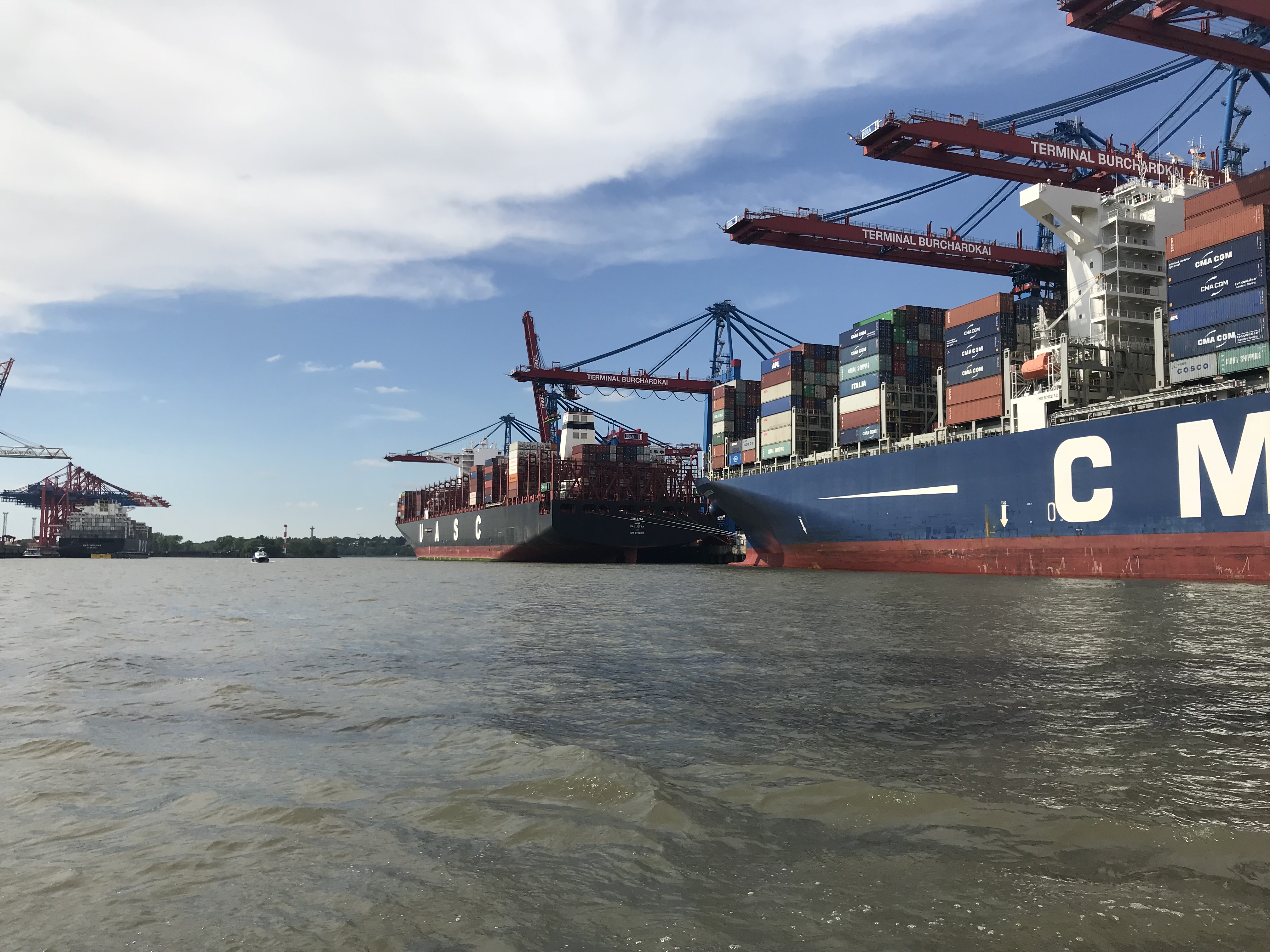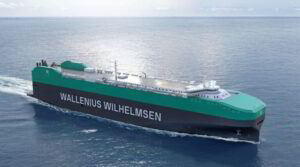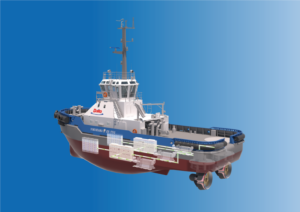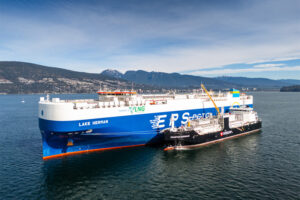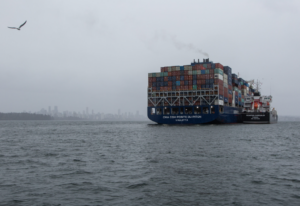Seaspan inks $200 million sustainability-linked loan
Hong Kong-based containership operator Seaspan Corporation has closed a $200 million sustainability-linked loan inspired by the Poseidon Principles framework.
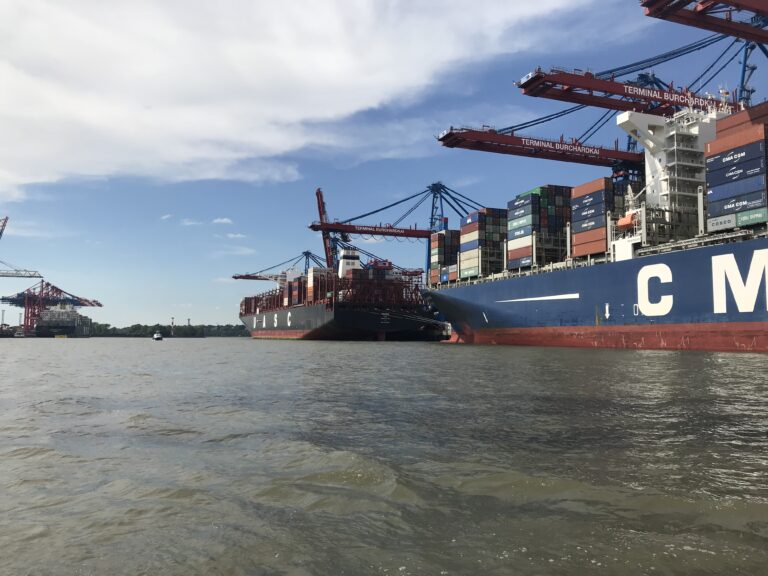
The voluntary framework developed by the banking sector aims to accelerate the implementation of the shipping sector’s green agenda in line with the International Maritime Organization’s (IMO) 2050 decarbonization targets.
Related Article
The $200 million term loan has a tenor of six years and is part of the company’s expanded financing program.
The program is comprised of a $300 million revolving credit facility and approximately $1.5 billion of term loan commitments, with staggered maturities between 2024 and 2026.
Seaspan plans to used the new loan to pay down the revolving credit facility.
“Our execution of the SLL marks the first sustainability-linked financing in the containership leasing space and aligns Seaspan’s long-standing commitment to sustainability with our capital structure strategy,” Bing Chen, Chief Executive Officer and Interim Chief Financial Officer of Atlas said.
“Further, our team has been consistently executing on quality growth and capital structure improvement through a difficult period for the global capital markets.”
The loan’s pricing is adjusted based on Seaspan’s achievements measured against two key performance indicators.
The first aims at measuring the alignment of the carbon intensity of the collateral vessels with the IMO’s 2050 decarbonization trajectory.
The second aims at fostering cooperation with charterers in order to advance the decarbonization agenda, by seeking to include sustainability-linked provisions in future charter contracts.
Seaspan said the loan was fully underwritten by Société Générale and BNP Paribas as mandated lead arrangers, underwriters and bookrunners, with Société Générale acting as the sole sustainability coordinator.
Seaspan’s fully delivered fleet consists of 127 containerships, representing a total capacity of approximately 1,073,000 TEU.

